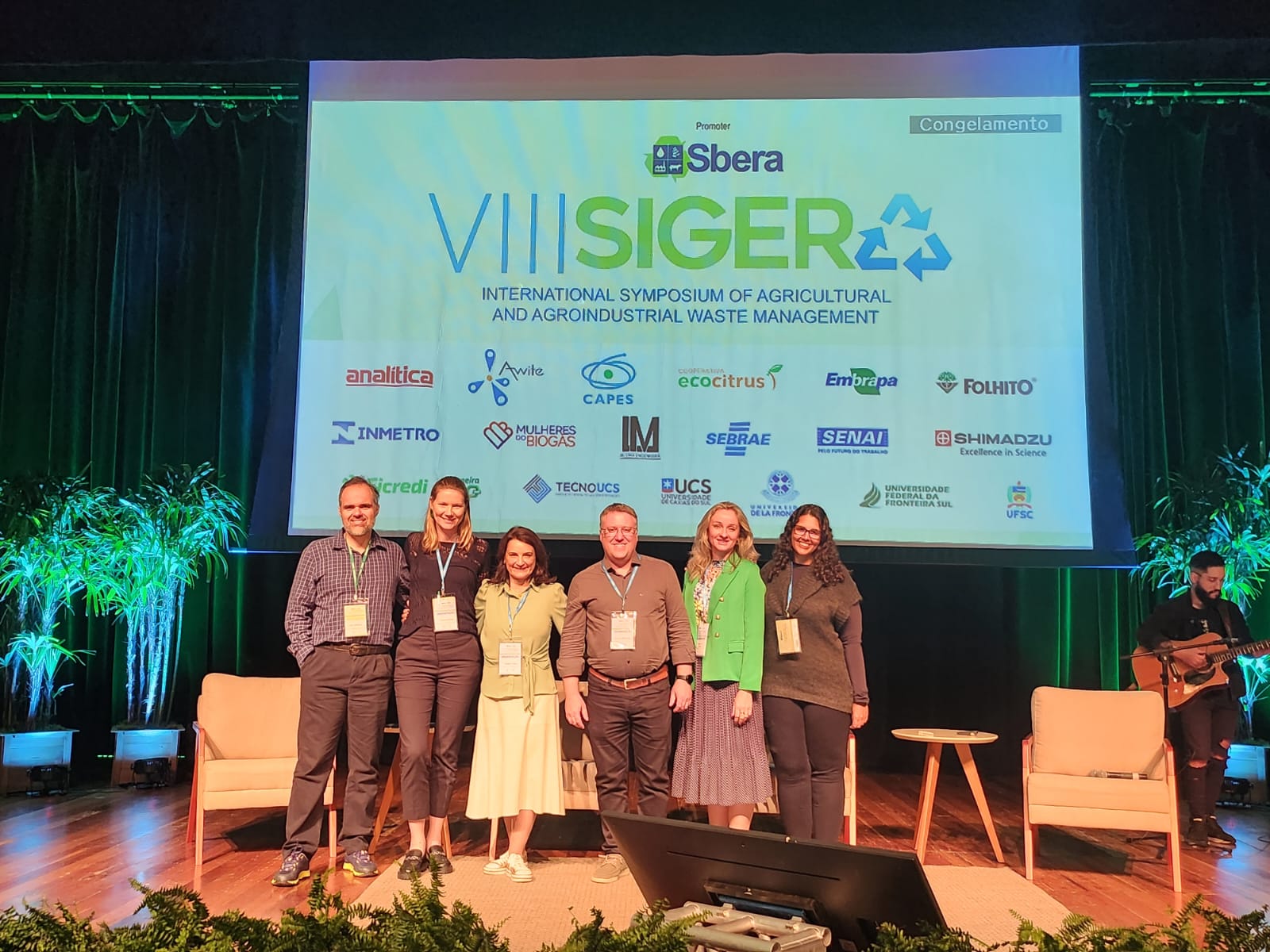Quem somos
A SBERA é uma associação de especialistas em temas voltados ao gerenciamento de resíduos agropecuários e agroindustriais, constituídos por sociedade científica sem fins lucrativos que visa o desenvolvimento científico e tecnológico da agropecuária e da agroindústria nacional.
A Sociedade é fruto da reflexão, pioneirismo e compromisso cidadão de profissionais que se propõem a contribuir para evolução das condições ambiental, econômica e social de dois grandes complexos de extrema relevância para o desenvolvimento do Brasil.
Sbera é afiliada



